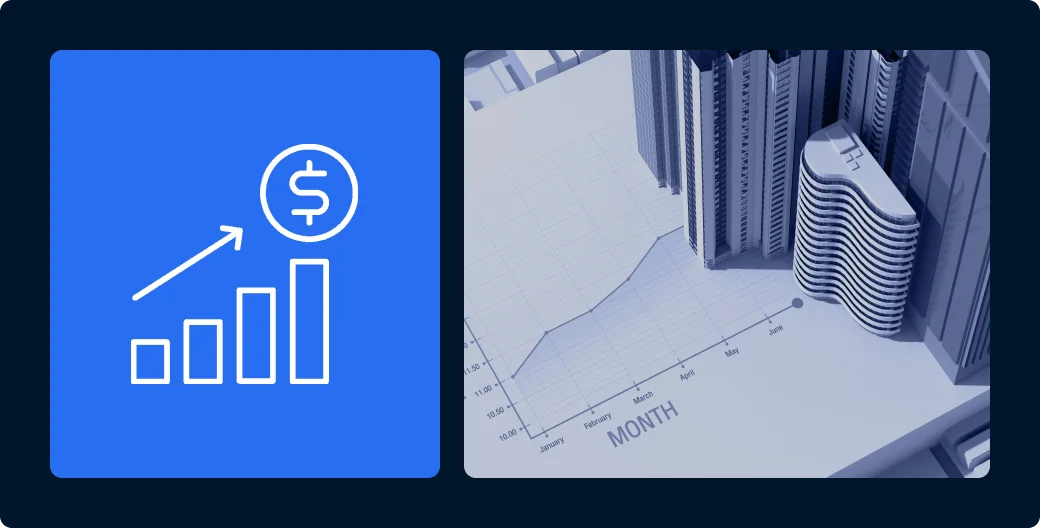General Partners (GP) vs Limited Partners (LP)
General Partners (GP) are the active managers and decision-makers responsible for running the venture capital fund, while Limited Partners (LP) are passive investors who provide the capital but have limited control or involvement in the fund’s day-to-day activities. GPs are compensated through management fees and a share of the fund’s profits (carried interest), whereas LPs receive returns on their investments based on the fund’s performance.
What are the responsibilities of a Limited Partner?
A Limited Partner’s primary responsibility is contributing capital to the deal. LPs are often interested in commercial real estate investing but may lack the experience or operational expertise to oversee a project themselves. Often called the silent partner or money partner, Limited Partners are not involved in the day-to-day operations of the real estate investment.
An LP isn’t always a well-funded individual. A group may serve as a limited partner, or an individual may raise capital and serve as an LP. Regardless, Limited Partners provide the capital and enable a General Partner to secure a deal.
What are the responsibilities of a General Partner?
A General Partner is typically the party with real estate expertise and infrastructure. However, they lack sufficient capital to secure the desired deal (or deals). Sometimes called Developers or Sponsors, General Partners often have some capital but need to bring on Limited Partners to round out financing for the investment opportunities.
Whereas an LP’s responsibilities are primarily financial, a GPs list of responsibilities is comparatively extensive. They have obligations before and after a deal closes.
Before the commercial real estate deal closes
A General Partner does all of the leg work on projects before even introducing an LP to the deal. This includes:
Sourcing and underwriting deals
GPs are typically professional real estate investors and developers, so they work to establish relationships with brokers and sellers in their target markets. These relationships enable them to consistently source potential deals, vet the deals, and underwrite the most promising investments.
Conducting due diligence and negotiating private equity deals
After they identify a deal they want to pursue, General Partners conduct due diligence on the investment and negotiate the purchase price and terms with the seller.
Securing financing
Once the GP has performed all the leg work to source, underwrite, and negotiate a deal, they will look to secure financing. At this point, an LP will be introduced to the project with an opportunity to invest. While the GP can contribute some capital, the majority typically comes from LP investors (either one or multiple).
Guaranteeing the debt
From a personal liability perspective, the GP takes on the lion’s share of the risk. They act as guarantors of the debt, and typically offer some degree of recourse.
After the deal closes
When the deal closes, the LP’s work is typically done, but the GP’s responsibilities continue. They must:
Execute the business plan
A General Partner raises funds for the deal based on a plan of projectable profits. After the deal closes, the GP must leverage its resources and expertise to execute that plan.
Manage the property
The GP is in charge of leasing, maintenance, security, hospitality, and everything else that is involved in property management.
Deliver a strong ROI for investors
The GP must add value to the property to deliver a strong ROI for investors. This value-add can manifest in a number of ways, including renovation, redevelopment, selling the property, or improved marketing and leasing strategies. Regardless, the GP is accountable to the LPs for the ultimate profitability of the venture.
GP vs LP: How is each compensated?
While the real estate partnership is mutually beneficial for both the General Partner and Limited Partner, it’s clear that a GP does the heavy lifting on each real estate investment. As such, they are disproportionately compensated based on their percentage of equity contribution.
Therein lies the attraction of the venture for the GP. They put in most of the work, and then they stand to reap an outsized reward. And LPs — who stand to make a hefty profit for little effort — are happy to have highly motivated GPs looking to produce superior investment returns.
The compensation is often determined by an equity waterfall (also known as a distribution waterfall). Based on the initial agreement, the waterfall shows the order in which gains from the investment pool are distributed to each party (the GP and the LPs). These agreements vary greatly and often contain multiple tiers, but typically, the better the ROI, the more a GP is compensated.
Agora delivers for GPs and LPs
For many real estate investments, General Partners and Limited Partners are both necessary. Based on this overview, you should have a better idea of what is required of each role — and which role you’d be best suited for.
Whether you’re a GP or an LP, Agora will make your life easier. As a GP, our all-in-one platform automates essential operational processes, including fundraising, investment management, and reporting. As an LP investor, you’ll enjoy a modern, beautiful investment experience, that will upgrade the way you communicate with your GP.










